
As the South African lock-down extends, children may be throwing their books in the air in delight, but if we are going to sustain growth, education must continue. Many schools are going online, as well they should. Parents must be patient and supportive, of their children, the schools, and the teachers. This is unfamiliar territory for most, and we worry about how to keep our children safe in this new world.
Everything going well, we will be back at school in a month or two, but the virus won’t magically disappear. Any change to the national or global situation now could result in long-term lifestyle adjustments. For one thing, some form of virtual work and education is bound to become the norm.
For some of us this is nothing new. But in a country like South Africa, a sizeable portion of our population still have no internet access. This is a difficult and worrying time for many.
So how do parents guide their children when they themselves do not understand these new dynamics?
Trusting Relationships are fundamental to their Safety

I will provide thoughts on useful technology, but unless you foster the right mindset, and create strong relationships with your children, the rest is pointless. A child’s ability to find their way to the cookie jar will surpass anything you put in their way.
Consider their age
As of writing I am a parent of two teenage boys. I need to dig into my memory banks to remember what it was like when they were toddlers. What worried me ten years ago is different from what worries me now. This is not just because online has changed but because my children have moved on as well.
Sensitising a fifteen-year-old child to online risks is different from trying to explain social media “stranger danger” to a six-year-old. Even at six, each child is different. It is up to you as a parent to figure out what is healthy and where to draw the line.
They will know more than you
Within a month of their first experience online, your kids will know their way around better than you. This holds even if you are in I.T.! They will get around whatever you put in place to protect them. They are going to come across inappropriate material, whether you like it or not, no matter what you do.
You cannot hide it away from them

Age-old protection techniques, like Dad hiding his naughty magazines under the mattress, do not have an online equivalent. Um, they didn’t work back then either! Today our parental paranoia comes from an exponential increase in volume, accessibility, and the too-often warped nature of the content.
Trying to put the same type of roadblocks in place is like building a dam in the middle of a river delta. The water will come around the side and over the top at some point.
Open your minds
As a parent, you must prepare to open yourself up to debate on topics you might hold strong views against. I will not try change your worldview, but, short of locking your child in a concrete bunker and brainwashing them, you must accept they will be exposed to perspectives you may not agree with. Their natural response is to be curious.
Staying aware of the broadening tide of information is a big ask for people already taxed at their jobs. You will need to research continuously and open yourself to topics such as sexuality, violence, drugs, and alcohol.
I have seen the children of friends with strict conservative views act out on the opposite end of their spectrum. I have also seen children of open-minded parents taking explorative paths which are uncharted territory for me and my friends. In hindsight, I see parents in the latter group fostering relationships with their children with far less friction.
Would you have a child who hides everything away from you and ends up in trouble, or one who comes to you when they experience something unfamiliar?
They will be exposed to so much
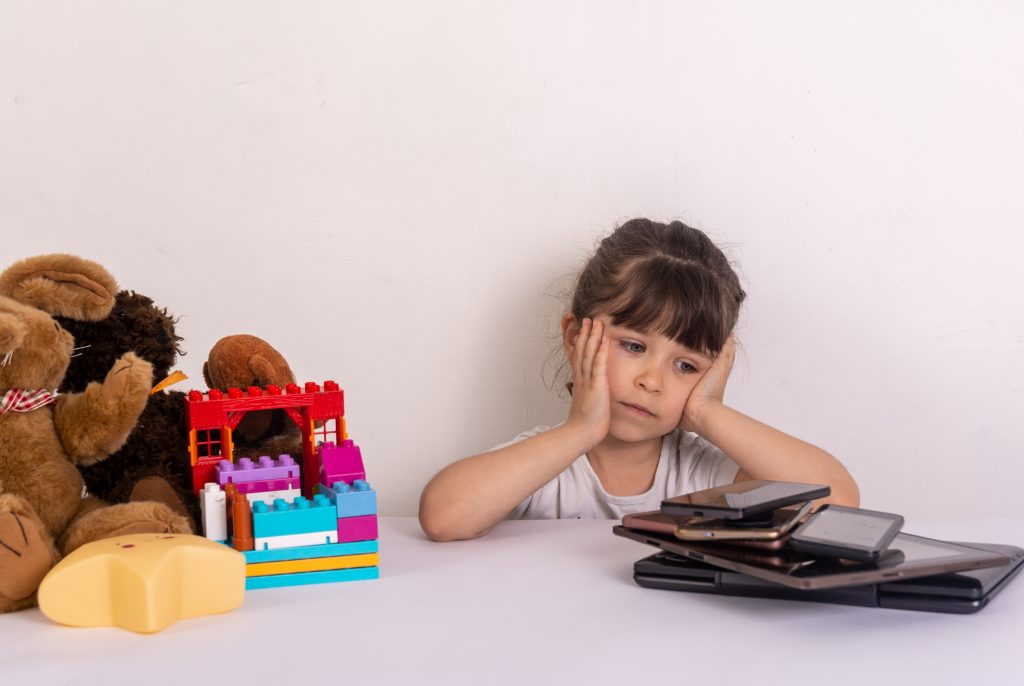
Being online means having access to more information than you know what to do with. Some of this is real, a lot of it is fake or at best biased. Even in the newspapers of old, the subjective opinions of the journalists flavoured the “real” information. Now, with so much unedited content, our children must learn to filter through this and make the right decisions independently.
You might be a terribly busy and overworked adult, but you are seated with responsibility for your children. This is your most important job; they are our future. One of your KPIs is to make sure you understand the world through their eyes, so you can have mature discussions with them.
Do not deny your children the privilege
Like it or not your children are growing up to a world which will be fully online. Those institutions which ignore this are not going to survive. It is our duty to equip our children to be natives in this new world.
Sadly, many children in countries like South Africa do not have access to technology by nature of our economic situation. This will change, and our government, education providers, and even start-ups like ourselves have set themselves missions aligned to this. Coronavirus has accelerated change, albeit tragically for many. But it has potentially created opportunities for niche economies by opening gaps which might not have been there before. Let’s seize these by the throat!
I must assume that, because you are reading this, you are amongst the privileged, even if your access is slow. Accept then that you cannot deny your children access to skills to function in this world. When you release them into the wild, they are going to be up against all the developed nations of the world, and they need to be on the same playing field, for themselves, and as key contributors to South Africa and Africa’s growth and development.
Technical Security
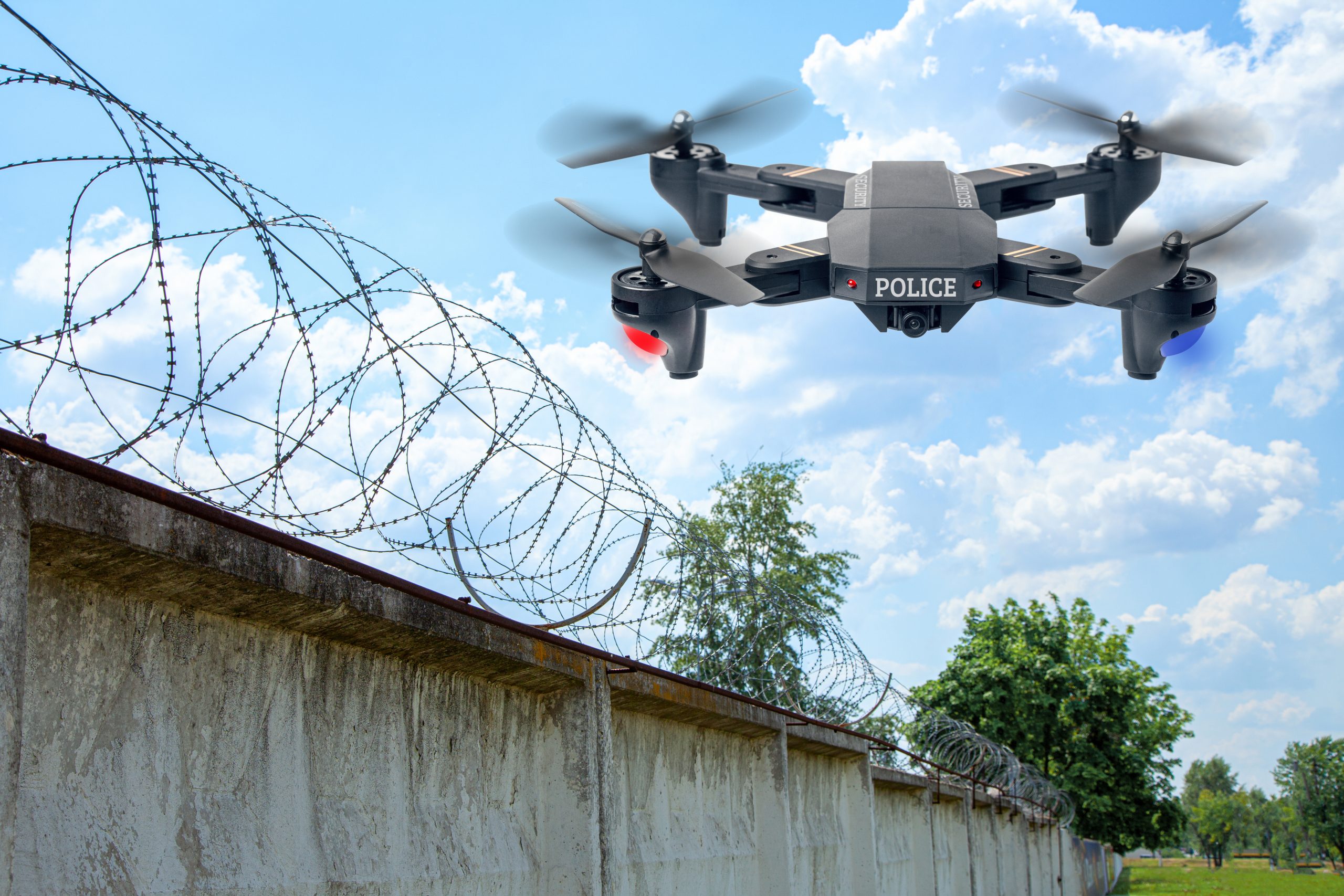
The likelihood of your children stumbling across something unkosher is a certainty. I think of myself as open-minded, and I even occasionally experience shock and horror in a normal day of browsing. The best we can do is limit their exposure and equip them to cope with what they discover.
User accounts, email addresses and passwords
One of the most frustrating things in the computing world is the password. There is nothing exciting about having to remember 234 unique passwords. Most people just do not bother. So many of the friends I helped with their computers never changed their default passwords. And if they did, they proudly told me the new one was some version of P455word. Am I right? The hackers know this, I promise.
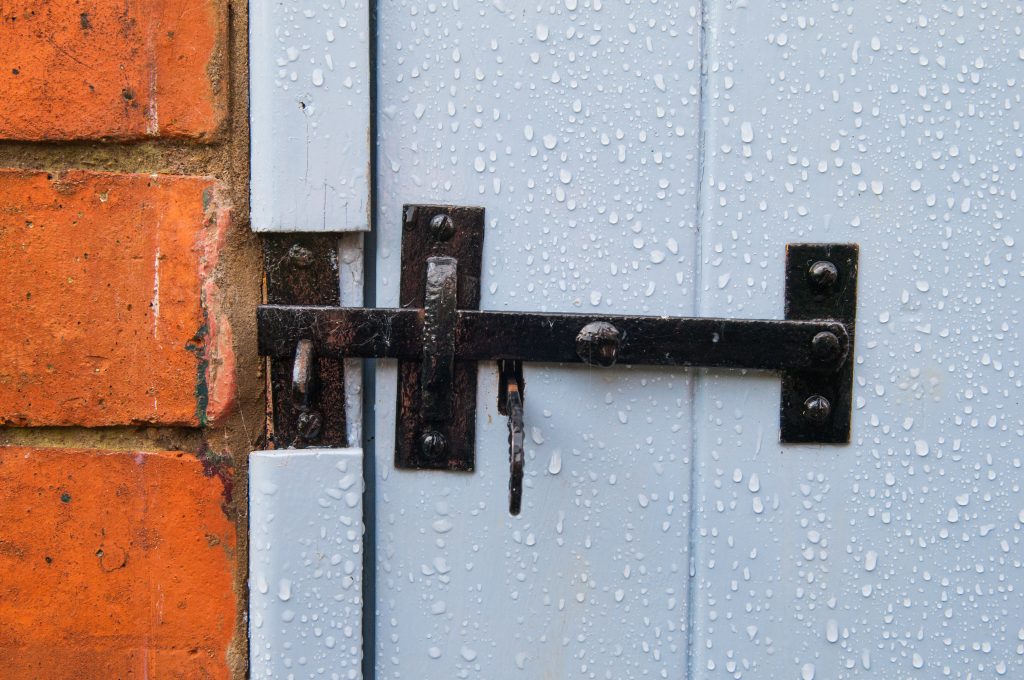
Passwords are your house keys. If you have a simple drop-latch as a password, someone is going to find a ruler and slip it up through the crack, pop the latch, walk in the door and have a look around. Today there are so many automated bots crawling around checking everyone’s door, that they will find you and get in.
In terms of your children, you might think “So what, they don’t have credit cards?” Remember how much we love and nurture their innocence? Our kids are those dear sweet souls who might unwittingly share information about your house, the expensive TV, and what time mom and dad go to work.
User accounts
Your children will need user accounts and passwords for many things, from education systems to games. They might have an email address, and social media accounts which you might not even know of. How many people over thirty know what Discord is?
Years back I had to think about whether I should give my son a Gmail account. I was worried about how soon the spam would land. I had no choice because some of the education services needed to send email. Later I bought a Microsoft license, so they had legal versions of Word and PowerPoint. This needed another email account. Do I really know what is going on here?
Teach your children password basics. Heck, teach yourself! Cyber-crime is increasing alarmingly, and it’s not a matter of if it happens, it’s when!
Password awareness
Here are a couple of pointers, which will no doubt be outdated by next month. Keep an eye on trends in this space:
- Use complex and lengthy passwords, rather than super frequent changes. Yes, long passwords are difficult to remember, but the math suggests this approach takes more time to hack.
- Do not use words, sentences, or derivatives. A friend taught me a clever trick. Think up a long sentence and use the first letters of each word in sequence.
- Use different passwords between systems. Otherwise, if they get one, they get them all.
- I am nervous of recommending password management software from a personal liability point of view. If I recommend a system and they are hacked someone with a litigative mindset might decide I told them to. For me, with my memory, the alternative is million Stickits, or text files, joy to the bad guys. So, I use a password manager. I did my research. Do your research.
- Check your accounts. There is a site called have I been pwned which sounds creepy, but many security companies recommend. It allows you to check for known breaches of your usernames as well as alerting you when something new is discovered.
When is it okay to give my kid an email address?
The problem with an email address is that, like I found after taking my car to the panel-beaters, the moment you create the account, the spammers are going start cross-selling products at you.
When my kid was younger, Google would not let me set up an email account for him without lying about his age. But some of the games I thought would help him, like Minecraft, required an email address.
Sometimes you can use your own email address, which works for a while, until you end up showing a serious YouTube video in an office presentation and all the recommendations on the side “how to win at Fortnite.” Explain that away.
I created weird alias email addresses to hide their identities, but eventually I realised that they might get stuck with these addresses as they grew up. They weren’t given a choice in the matter like I was. Eventually we consulted.
Anti-virus solutions
Many security breaches originate from email or people excitedly sticking unscanned memory sticks into their machines to see what goodies are on them. Geek literature is full of books written on phishing and other social engineering techniques which take advantage of the ignorance of the masses to get around technical protection.
Anyone without anti-virus software on their computer today is asking for trouble. Think walking outside into a tropical cyclone and expecting to stay dry. There are many anti-virus providers who offer value for money, and you should do your research and pick one. Once again, I am not going to make recommendations as I have my own views about what a company who makes a profit from viruses would do to ensure their profits remain high. But you don’t have a choice. There are many reputable websites which do comparisons such as PCMag and PCWorld.
Family protection services
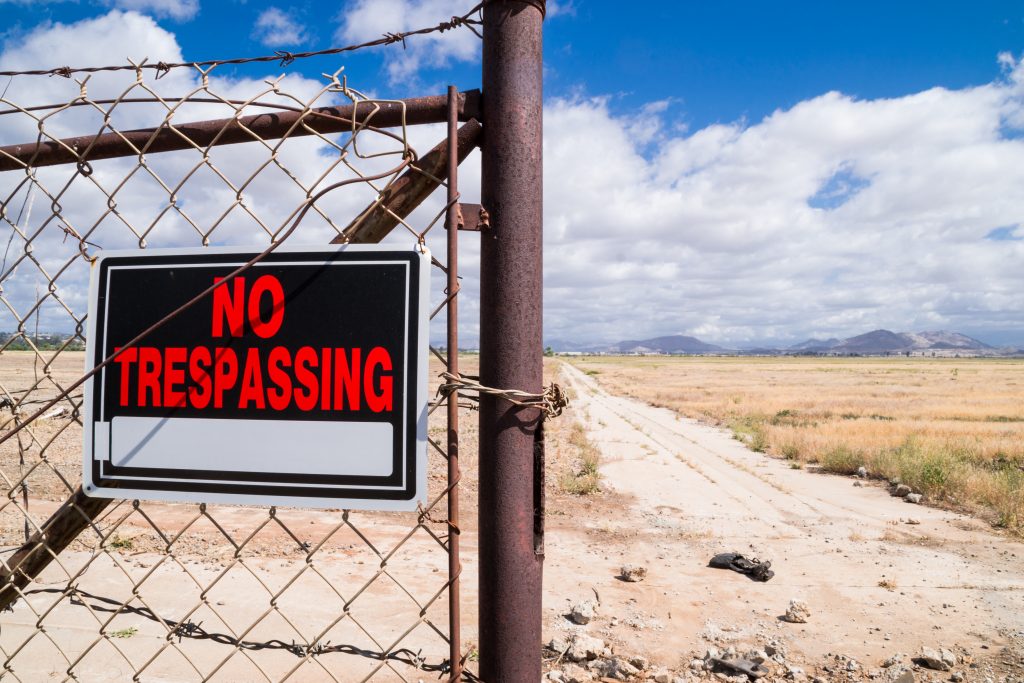
Services like Google and Microsoft now allow children to have mail addresses but have built-in parental services which limit some of the spam. Google for example doesn’t advertise to under 13-year-olds.
This doesn’t stop all the spammers, and you might want to look at specific family protection tools like Net Nanny or Norton Family. Although nothing is fool-proof they do limit the exposure, by maintaining databases of recognised age-restricted content and managing what is allowed through on social media, YouTube, Google, email, and so forth, as well as setting time limits and providing parental alerts if you are that way inclined.
Security Patching
Just because you are on a home computer doesn’t mean you are not open to attack. Today, security specialists have traced many attacks to automated farms of bots which bad people lease to trawl the internet looking for open doors. If you are using broadband, your machine is always connected and available. If you don’t patch regularly, you are likely to get taken eventually. Your kid might be on their own machine, or on yours, either way, ignoring this leaves them as vulnerable as you.
Locking down access to your kids
Controlling who can send email to your kid can be a draconian but effective introduction to help them learn safely. I originally set my son’s email account up with rules to accept only mails from known friends, but this soon become burdensome as a parental administrator as his circles started expanding. It did at least mean he started in the shallow-end though.
The uber techie parental safety deployment
The problem with most household security controls is that you need to install them on every machine or device on your network to be effective.
If you are technically inclined, there are several additional layers you can add to your security cake. One example is free service called OpenDNS.
DNS, or Domain Name System if you want to impress your friends, is the internet’s version of “The one ring to find them all”. It is what is used to tell your computer where www.mindcraftlearning.com is, in technical terms.
OpenDNS replaces the service your internet provider sets up on your router and cleans any internet requests before they even get to the door. This is effective in blocking dodgy traffic at the point of entry to your home network, but you don’t have a say in what traffic that is, and as with anything, there are ways around it.
What are they going to find out there?
Social media and collaboration
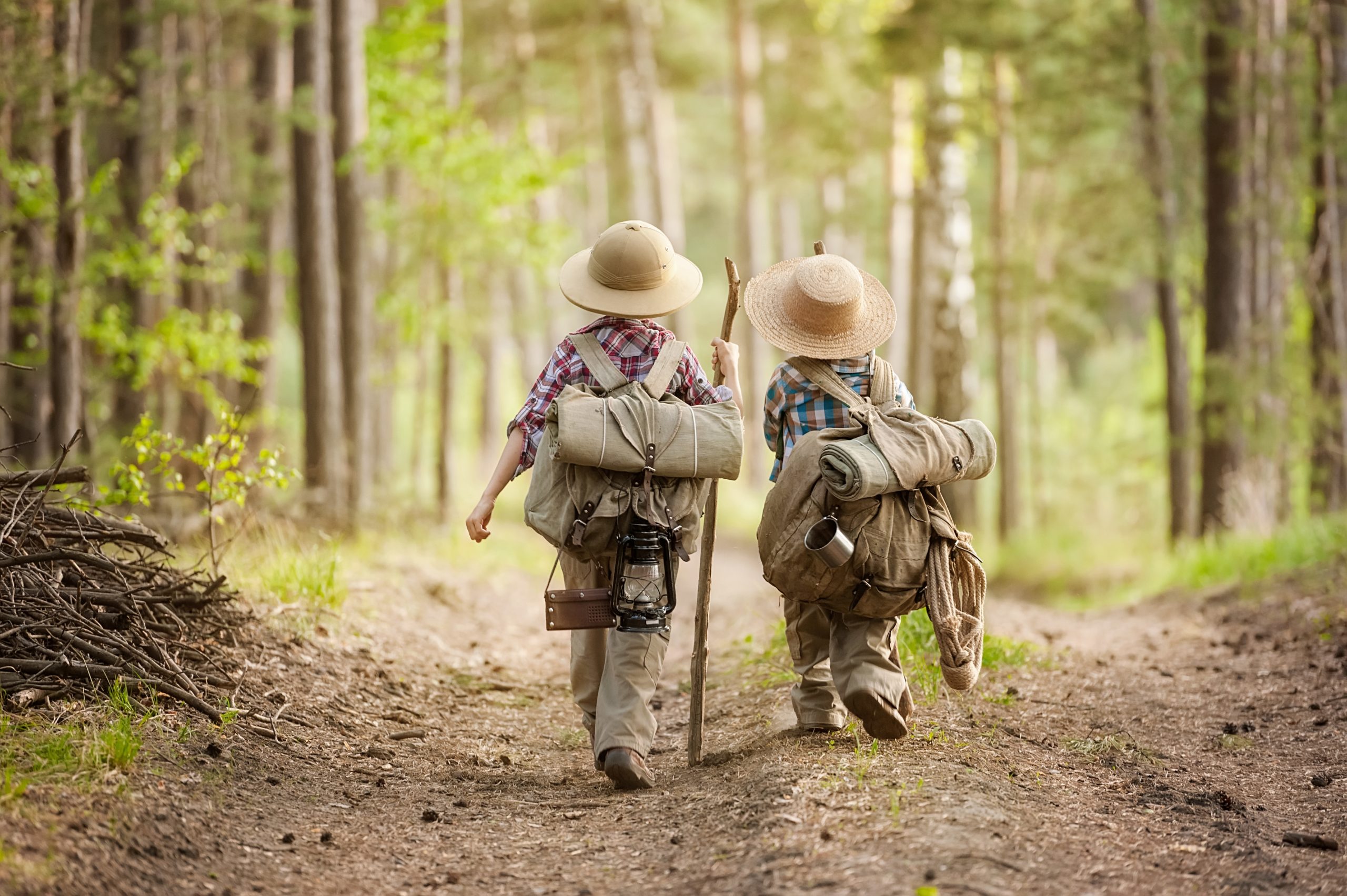
I am not going to open this box more than a crack. For a more detailed and well-researched view of online behaviour, for both parents and children, I find our local guru, Emma Sadleir does a great job of explaining to parents and children what is what, and on this I will recommend her books, such as Don’t Film Yourself Having Sex.
The number of times I have seen grown-ups, let alone kids, do stupid things on social media, is uncountable. My rule is, “if it’s out there, it’s there forever, and it will go public if it’s tasty enough”. Even tattoos are less permanent. How many of us inked something in the past showing off our more radical youthful views which might perhaps have changed slightly and now we experience a degree of social embarrassment when we go to the beach?
As a child, expressing an opinion or acting inappropriately on a social network can be extremely harmful, and extend way into the future. The story of Amanda Todd is the chilling reality of just how bad it can get.
As a parent, grandparent, or friend you also have an obligation to be careful. That cute photo of your child naked in the bath? It takes one twit and it’s out there. Not only could this get into creepy hands, but by sharing photos of your children you could be subjecting yourself to litigation under stricter privacy laws these days.
Pornography
They will come across it, wittingly or not. Even with all the tech above, in triplicate, a few years ago my one lad, who I am proud to think has an open relationship with me, once asked me if the photos of people on a nudist beach from a search page were naughty. He had been looking for articles on beaches for a school project. My view of nudity may not be the same as yours and you might have your own preference of dialogue about this.
In the old days all we could find was Dad’s Scope magazines with big stars on the naughty bits. Today, before you know it you can end up somewhere with stuff which makes me worry about the sanity of the world, and I’m no prude. Let me repeat myself, they will find it, intentionally or accidentally.
Short of locking your kids in a basement with no radio signal, the only way I see we can handle this is with relationships, by being as open as possible. Forceful prevention does not work, children are naturally included to test the boundaries, it’s how they learn.
Cyber-bullies and trolls
These are the modern stranger danger. Your kids are likely to get onto social media platforms you have never heard about. My sons’ generation have no interest in Email, Facebook, Twitter, or Instagram. They socialise on their games and have complete strangers as online buddies. Assuming the best, this is really an amazing thing to observe, but how do they know these people are not evil kidnapping troglodytes? How do you protect them from this?
As with anything, your kids are going to come across new people whether you like it or not. I discovered a tool called Discord through my son. It turned out he was having engaged discussions with a whole bunch of people I had never met. This made me really uncomfortable. We spoke at length about the people in this circle. Some are significantly older than him. His room is just over the way from my study, and the discussions I overhear are generally positive, with less swearing than he gets from his old man. I suppose with some luck he seems to have fallen in with a group who have strong morals and I’ve let it go. Sort of. Some of them even help him with his homework. Not by cheating, but by tutoring him.
But I’m not saying you should just leave it. It could have gone the other way. We only let him loose online a year or two ago when he was old enough to have a rational discussion about the risks. He could have fallen in with different people and been influenced in a direction less palatable to us. Then again, he could have landed with a group of bored rich kids with expensive drugs at school. So far, so good. We author our own stories.
They are going to find these people regardless, so foster a relationship where you can have open conversations and they share who they are engaging with. The less you trust them, the more you will drive them underground.
Downloading and installing software and games
I find some weird games on our computers and phones. I thought at one point I had everything taped up through a central games account on Steam, which does a good job of curation, but there are so many side-doors to find games you just can’t keep control of it.
And what is going on in these games? In-game purchases? Admit it, you occasionally play that game on the phone which takes just R10 to get to the next level right? And you’ve done it, haven’t you? Do your kids have savings cards?
The thing now is massively-multiplayer-online is (MMO) games. Players get together in groups and take on challenges. It sounds scary when you think who they might end up with, but I’ve also seen some amazing socialisation and ethical behaviour come out of this. A group of strangers will coordinate an “attack” online, in a way I have never seen a bunch of executives do in a meeting. If someone gets ugly, they rally and get rid of the person. They have their own ways of managing. Sure, if there’s a bad crowd this could go wrong, but if you’ve been a good parent and instilled the right values in your children, I like to think they will work it out. And I suspect this is how it’s going to be working when we are doddering around on Zimmer frames telling them “When I was young things were much better!”
In conclusion, how to we really protect them?
When I was at university, it was so often the conservatively raised students who went off the rails when they left home. I think the same plays out online. No matter what you do now, they are going to have to work it out when you take the blinkers off. Prepare them now, so they are not overwhelmed and taken advantage of.
What do you think? Do we try and stop the tide with extreme protection, or are there ways of managing that can result in a positive outcome when we are in our dotage and our kids are in the driving seat?
And finally, spare a thought for the children and families who don’t have access to technical capacity. In our world, online is not going away, but it is creating a fast-widening gap between the haves and have-nots and creating extremely unfair imbalances. If you ever have a chance to raise the playing field for those who are at a disadvantage, do it!
